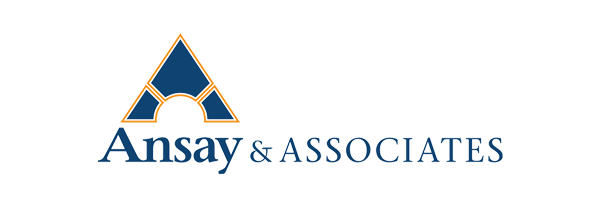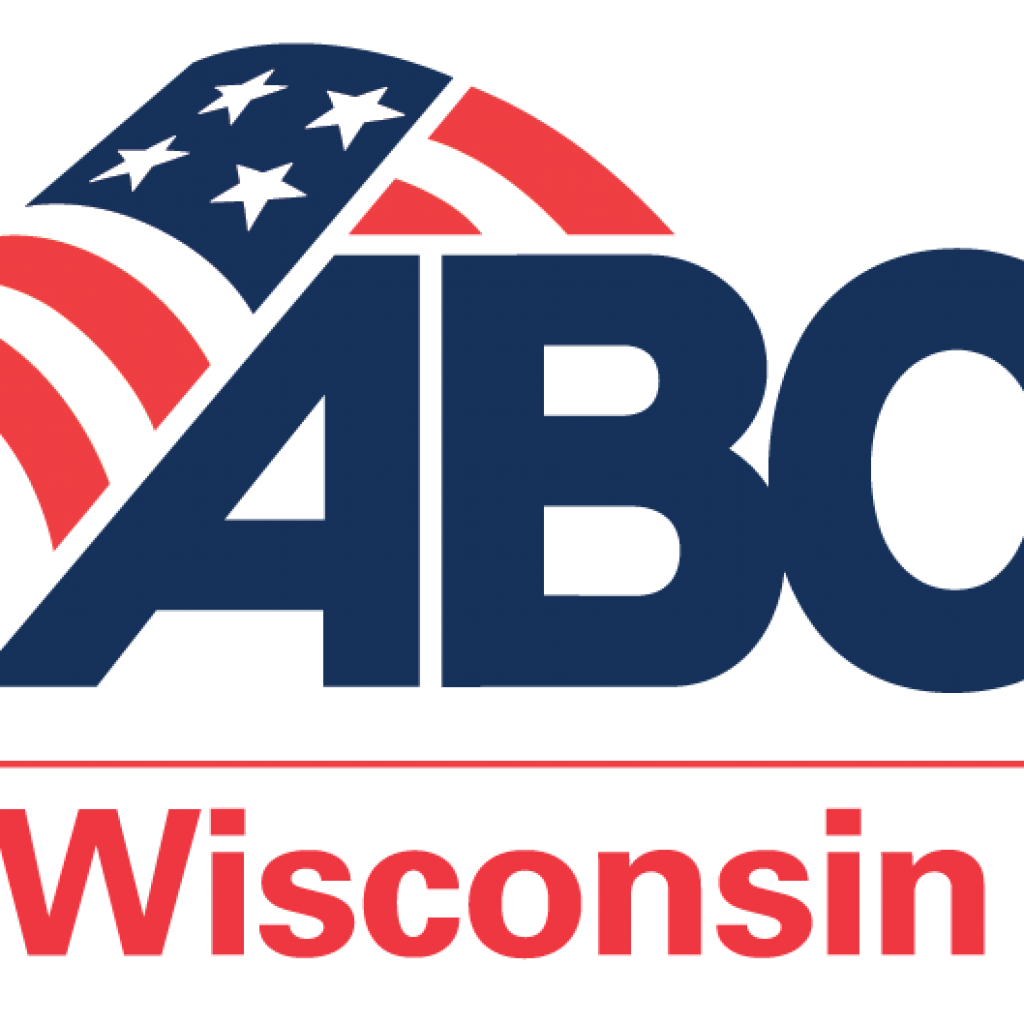R.J. Pirlot, Executive Director, Wisconsin Civil Justice Council
The Wisconsin Civil Justice Council’s mission is to promote fairness and equity in Wisconsin’s court system, with the ultimate goal of making Wisconsin a better place to work and live. ABC of Wisconsin is a founding member of the WCJC and ABC of Wisconsin President John Mielke sits on our board of directors, playing an important role in setting our policy agenda. During the 2021-2022 legislative session, WCJC’s top priority was enacting COVID-19 liability protections for Wisconsin employers as the economy reopens. WCJC wanted to protect businesses and their employees from predatory lawsuits alleging a businessowner exposed a person to COVID-19. WCJC and key members, such as ABC of Wisconsin, worked with lawmakers to protect businesses who took reasonable steps to protect against COVID-19 exposures. Despite opposition from trial lawyers who fought enactment of these needed protections, we worked closely with legislative leaders to pass our legislation and successfully convinced Gov. Evers to sign our bill into law. Key input from ABC of Wisconsin ensured that these protections from liability for COVID-related lawsuits apply to contractors, too.
These COVID-19 liability protections, signed into law as 2021 Wisconsin Act 4, provide civil immunity from ordinary negligence claims related to COVID exposure for Wisconsin employers, governments, schools, and other entities as well as their employees, agents, and independent contractors. In short, we raised the threshold for successfully proving a businessowner is at fault if a person alleges he or she got sick due to the businessowner’s actions or inactions. This immunity does not apply if an act or omission involves reckless or wanton conduct or intentional misconduct, a high standard. Act 4 applies retroactively to March 1, 2020, except for actions filed prior to Act 4’s effective date of February 27, 2021. In addition, despite attempts by the trial lawyers, these protections do not sunset and, moreover, you will continue to be protected even as the COVID virus mutates because our language applies not just to the original, novel coronavirus but also to any viral strain originating from the SARS−CoV−2 virus. Tiger Joyce, president of the American Tort Reform Association, called Act 4 “some of the strongest protections I’ve seen enacted in the country.”
In addition to getting Act 4 signed into law, WCJC worked hard holding the line on efforts to create new civil causes of action which could be used to harass Wisconsin businesses. For example, this past session Gov. Evers proposed creating new civil causes of action for employment discrimination, unfair honesty or genetic testing, broadband service denial, and unnecessarily summoning a law enforcement officer. Gov. Evers also proposed re-creating opportunities for trial lawyers to bring claims in the name of the state, a law which had been repealed by legislative Republicans under Republican Gov. Walker. WCJC worked with legislators to ensure that none of these concerning policies advanced.
KEY INPUT FROM ABC OF WISCONSIN ENSURED THAT THESE PROTECTIONS FROM LIABILITY FOR COVID-RELATED LAWSUITS APPLY TO CONTRACTORS, TOO.
Over the last few decades, WCJC has worked with lawmakers to enact a host of liability reforms, designed to create a more fair tort system in Wisconsin and to protect businesses from predatory lawsuits. Other recent victories include:
- Limiting the ability to use discovery to go on “fishing expeditions” on Wisconsin businesses.
- Halting discovery if a motion to dismiss is pending before the court.
- Updating the state’s class action procedures, including creating a right of either party to seek an appeal of class certification before the litigation may proceed.
- Requiring mandatory disclosure if a third-party is financing or underwriting the litigation.
- Limiting the liability of employers who hire ex-offenders who have earned a Wisconsin-issued certificate of qualification for employment.
- Requiring proof of a “reasonable alternative design” in an alleged defective design of a product, moving Wisconsin away from what was a broad “consumer expectation” test.
- Limiting testimony of experts and evidence to that which is based on sufficient facts or data and is the product of reliable principles and methods.
- Establishing a cap on punitive damages at $200,000 or two times compensatory damages, whichever is greater.
- Holding a party liable for costs and fees for bringing a lawsuit or claim that is done solely for the purpose of harassing or maliciously injuring another party.
Next legislative session, which will begin January 2023, a WCJC priority will be to create reasonable protections to protect Wisconsin consumers from predatory “lawsuit lending” companies. Consumer lawsuit lending is advancing money for a consumer to use for any purpose other than prosecuting the consumer’s dispute, with repayment of the money conditioned on and derived from the consumer’s proceeds of the dispute, regardless of whether these proceeds result from a judgment, settlement, or other source. In short, it is a form of lending provided to a consumer, such as a plaintiff in a lawsuit, with repayment coming from the plaintiff’s recovery, if any.
Consumer lawsuit lending can result in a plaintiff paying very high effective interest rates, leaving a winning plaintiff with little financial recovery at the end of a successful suit. Typically, a plaintiff who takes out such a loan borrows a few thousand dollars but, when the money is repaid, ends up repaying a multiple of what was borrowed. In a study by faculty at the Cardozo School of Law and the University of Texas School of Law, though the average amount provided via lawsuit lending to a consumer in a motor vehicle case was $5,227, the amount due for repayment was $13,515 (with a median amount provided of $2,000, the median amount due was $3,961).
Why does WCJC and other members of the Wisconsin business community care about lawsuit lending? The mere presence of a such a loan can make it harder to settle a case and can thereby needlessly prolong litigation, negatively affecting all parties to the litigation, as the plaintiff knows repayment is contingent on a judgment or settlement.
Our goal is to continue to allow such lending to continue to occur in Wisconsin, while placing modest limits on the practice, such as a cap on interest which may be charged and prohibiting the lender from making any decisions regarding the legal dispute, leaving any decisions regarding the litigation with the consumer and the consumer’s attorney.
None of our victories have been easy. Even with a Republican-controlled legislature – as Wisconsin has had since the 2010 elections – we always face stiff opposition from trial lawyers, who have been working hard to make in-roads with key members of the Wisconsin Legislature. Moreover, none of these victories would have been possible without the broad support WCJC receives from organizations such as ABC of Wisconsin, along with individual companies in Wisconsin.
R.J. Pirlot, a member of the Hamilton Consulting Group, in addition to representing ABC of Wisconsin, serves as the Wisconsin Civil Justice Council’s executive director. WCJC is a 16-member organization made up of Wisconsin’s leading business and professional associations. For more information about the Wisconsin Civil Justice Council, including how to support its work here in Wisconsin, go to https://www.wisciviljusticecouncil.org/ or contact R.J. at 608-258-9506.












